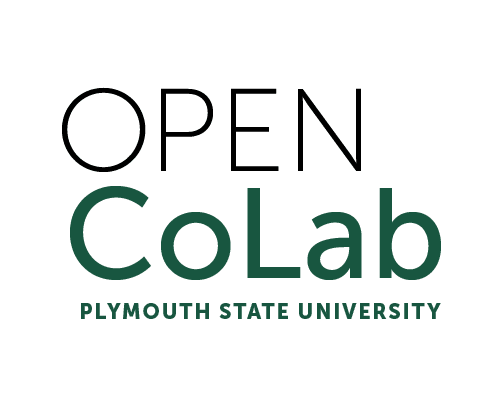

Design Forward
An emergent exploration of critical instructional design.
Design Forward
Portfolio Part: Developing students’ professional identities?
Free Writing: Flexibility
Developing students’ professional identities?
In Design Forward, we talk a lot about flexibiliy and how we go about embracing a more emergent approach to teaching while still designing courses that feel coherent. What is the most rigidly structured class you teach or have taught in the past? If you were going to redesign this class to incorporate more flexibility and space for student choice and agency, how would you start? How do you think it would feel to teach this redesigned class compared to the existing version?
If anyone other than me reads this workbook page, it will help to know I teach in Social Work. As an accredited program, we have 9 core competencies that are infused throughout the program’s curriculum as we educate our students in both the content and the process of taking on a social work professional identity. Teaching the 3-course theory & practice series, I spend a lot of time thinking about how to balance assessing the students’ synthesis of actual content with the students’ synthesis of professional identity consistent with the competencies and social work core values (service; social justice; dignity and worth of the individual; importance of relationships; integrity; competence).
These three courses are not the most rigid or structured classes I’ve taught, but they have proven to be the most elusive in terms of figuring out the balance of fostering student agency, delivering important content, developing professional competence, reflection, identity, and a figuring out series of appropriate tools for assessing all that. I wonder if ditching the grades all together might be the way to go. Instead, using the social work competencies rubric might be more effective. Maybe there’s a combination of traditional assignments with grades combined with reflection and feedback incorporating the competencies. In the baby steps approaches I have tried so far, I am finding some students have incredibly accurate depth of self-understanding and assessment of their professional (and personal) development and some students are distressingly way off.
In the era of Covid, during which time students appear to be struggling to develop the “soft” people skills that are critically important to successful social work (and side note, there is nothing “soft” about good people skills, it’s a very difficult series of skills to take on!) — in this era of disconnection, how do we equip students so they are ready to enter the field that is all about connection with appropriate knowledge (actual content) and professionalism (those soft skills again!)?
As I chew on this more, what is dawning on me is giving myself permission to think beyond the traditional assignment – grade is freeing and daunting. I am lucky (at least I think I am lucky) that I teach in a field that gives me guidance of competencies and values to frame my instructional design and delivery. How do I harness those tools in ways that enrich and enliven the courses such that our students can both understand what a professional social work identity asks of us, and step into the fullness of their own definition of the professional identity?
Would this approach also foster a greater degree of caring and equity than the traditional grading paradigm?
I think I’ve opened up more questions than answers, but that is part and parcel of the process. :-)
